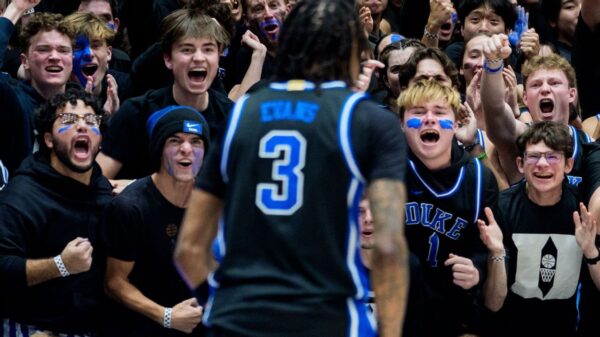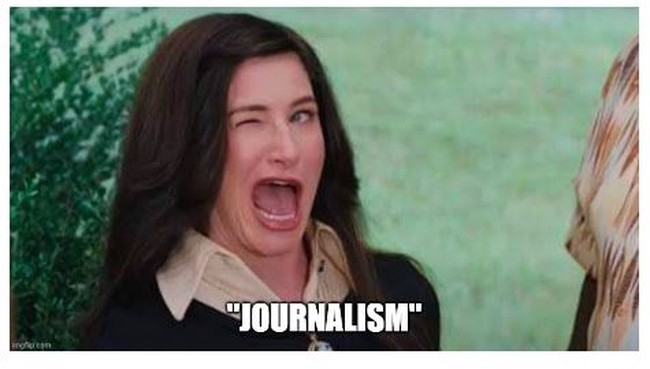Following the assassination of conservative activist Charlie Kirk, several educators and public figures across the United States have faced immediate termination or disciplinary actions due to their social media posts regarding the incident. Reports indicate that individuals took to platforms to express their views on Kirk’s death, leading to significant professional consequences.
The situation has drawn attention from various media outlets, including NBC News and the Washington Post. NBC characterized the actions taken against these educators as terminations for merely “sharing their opinions” about the shooting. This framing has sparked debate over the nature of the comments made and the repercussions that followed.
Within just 24 hours of Kirk’s death, significant figures such as an assistant dean at a college in Tennessee, a communications staffer for an NFL team, and a co-owner of a barbecue restaurant in Cincinnati were dismissed from their positions. These actions raise questions about the boundary between personal expression and professional accountability, particularly in the context of sensitive political incidents.
Impact on Professionals and Public Discourse
The firings have highlighted a growing divide in public discourse, especially on social media platforms. Critics argue that the dismissals reflect a broader trend of intolerance toward differing political views. Some believe that the media’s portrayal of these events downplays the seriousness of the comments made by those who celebrated Kirk’s assassination.
For instance, the Washington Post chose to emphasize the phrase “posting about it” in its reporting, which some interpret as minimizing the gravity of the statements made by the individuals involved. According to critics, this choice of wording fails to acknowledge that many of the posts celebrated violence and were seen as politically charged rather than mere opinions.
Supporters of the firings contend that individuals who celebrate acts of violence should be held accountable for their actions. They argue that celebrating the death of a political figure undermines the principles of civil discourse and can lead to a toxic environment in educational and professional settings.
Broader Implications for Free Speech
The backlash against those who posted about Kirk’s assassination has sparked a larger conversation about free speech and the consequences of public statements. Many are questioning where the line should be drawn between personal beliefs expressed online and the responsibilities that come with professional roles, particularly in educational institutions.
As the situation continues to unfold, it remains clear that the intersection of social media, personal expression, and professional accountability is becoming increasingly complex. The tension reflects broader societal debates about political expression and the ramifications of online behavior, especially in an era where social media can amplify voices in both positive and negative ways.
While some argue that these firings are warranted, others see them as a chilling effect on free speech. The events surrounding Charlie Kirk’s assassination and the subsequent reactions from educators illustrate the contentious nature of political discourse in today’s society. As discussions evolve, the implications for both personal and professional conduct in an interconnected world will likely remain a significant topic of debate.






































































